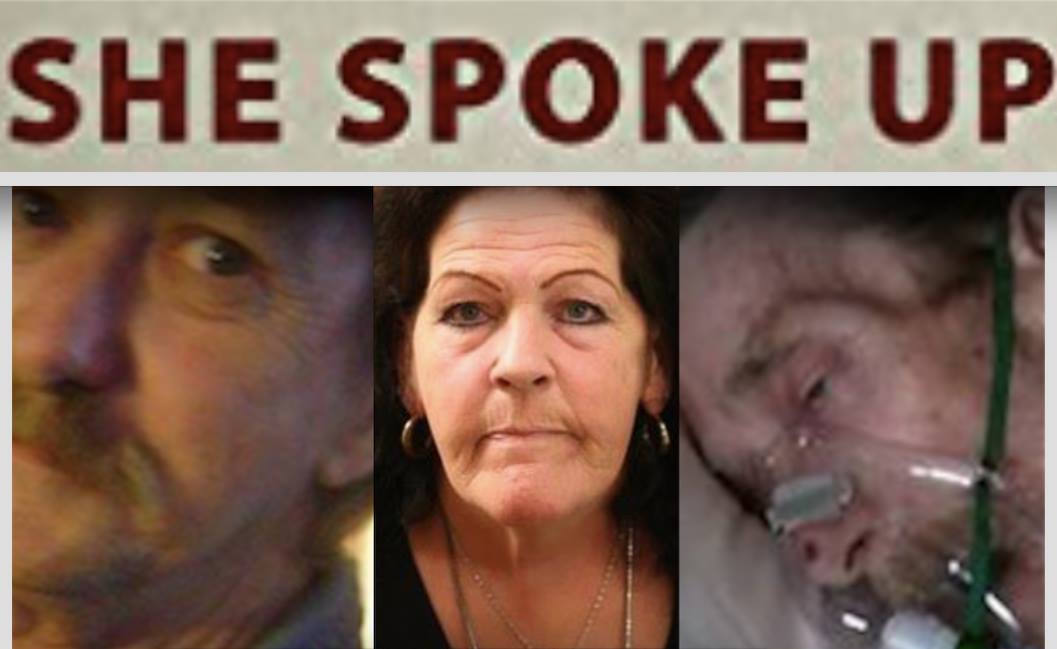Billy, with two of his special little granddaughter's. They are so lost without him.
Today is the 22 month Anniversary of the ILLEGAL Medical Murder of my beloved Husband Bill Knightly. Still NO prosecutions! Still fighting for Justice! Still sitting in limbo, waiting for OUR Government to step in and do something about my husband's murder, along with ALL of our Loved ones Medically Murdered by the Medical UN-professionals we "Once" trusted. Medical UN-professionals who no longer care about the people they were "once" trained to care for, which is no longer the norm. Real Medical care no longer exist's. Maybe for the elite it does, but not the rest of us. The medical profession has turned into a big money business. No compassion anymore. REAL Doctor's are few and far between. We are nothing more than dollar signs, written off by Death Monger's, Satan's spawn, who find it easier to kill us off than to abide by their Hippocratic Oath. An oath that probably no longer exist's. The Murderers will NEVER forget my Husband's name or the fight I'm giving them. They messed with the family of a truly amazing man. A man who was worth his weight in gold. A man loved by everyone, whose loss is just too much to bear. Every day is worse than the day before. It doesn't get any easier just knowing Medical Murderer's get a free pass. Whatever happened to "Thou shalt NOT kill"? These are crimes against humanity, but our Government does NOTHING to stop them. The land of the free and the home of the brave. That is if you can survive being Medically Murdered!
Extremely Pissed off Wife of Bill Knightly, Medically Murdered by ILLEGAL, NON-consensual Hospice/Palliative care at St. Joseph Hospital in Nashua, NH.


